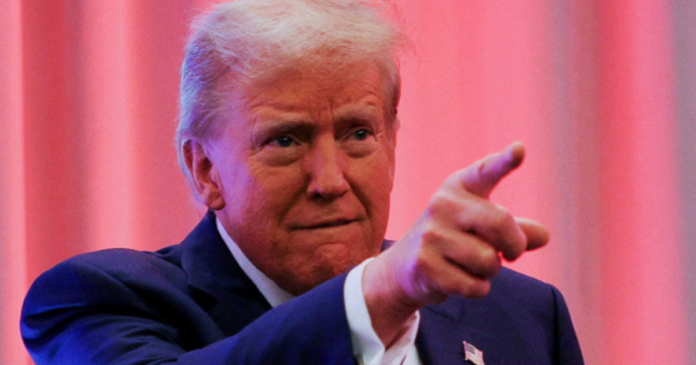Republican Party standard bearer Donald J. Trump is the new president-elect of the United States of America after securing 304 electoral votes and around 62.9 million popular votes in the recent 2024 polls. His victory signals a substantial shift in leadership in the U.S. and comes with potential ripple effects extending well beyond American borders, including the Philippines.
As a key trade partner, a major destination for overseas Filipino workers (OFWs), and a longstanding security ally of the U.S., the Philippines is expected to feel the impact of Trump’s policies, particularly on immigration. Known for his stringent stance on immigration during his first term as president in 2017, Trump’s approach has raised concerns among Filipino immigrants in the U.S., especially those without legal status. Within days of the election, discussions about the new administration’s immigration policy began to surface.
In a recent virtual press conference, Philippine Ambassador to the U.S. Jose Manuel Romualdez addressed the vulnerability of undocumented Filipinos, numbering between 250,000 and 300,000. These individuals could face a heightened risk of deportation under the incoming administration, which may enforce stricter immigration policies.
“My advice to our countrymen who are here without legal status is not to wait for deportation. I foresee that the Trump administration will be very strict with immigration policies they intend to implement,” Romualdez cautioned.
According to the Migration Policy Institute, an estimated 309,000 undocumented Filipinos resided in the U.S. as of 2021. out of a broader Filipino migrant population of 4.4 million, Filipinos is the third-largest Asian group in the U.S., following the Chinese and Indian communities.
A potential increase in deportations could affect one of the most vital aspects of the Philippine economy – remittances. In 2023, Statista reported that remittances from the U.S. were estimated at $13.71 billion (₱ 795,180,000,000), the largest share of total OFW remittances. A decrease in these remittances could impact millions of families in the Philippines who rely on this income for everyday expenses, education, and health care, underscoring the significant economic link between the U.S. and the Philippines.
Foreign aid could also be impacted under the new Trump administration. As promised by the president-elect, a revitalized “America First” policy may lead to a decrease in funding from agencies like USAID. Such cuts could undermine critical programs in the Philippines, ranging from anti-terrorism initiatives to poverty alleviation and disaster response efforts. These reductions might likewise strain the government’s ability to address pressing issues like extremism in vulnerable regions.
Additionally, a change in U.S. leadership could influence the Philippines’ posture in the West Philippine Sea. Trump’s foreign policy approach might prioritize strategic interests that could either strengthen or complicate the Philippines’ position in the territorial dispute. Reduced emphasis on multilateralism might leave the Philippines navigating the contentious waters with less direct support from its long-time ally.
As the U.S. transitions to a new administration, the Philippines must brace for potential economic, security, and diplomatic shifts. Whether through robust diplomacy or domestic resilience, the country’s leadership will need to adapt swiftly to mitigate any adverse impacts while seeking opportunities to strengthen ties with its most important ally.



